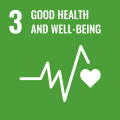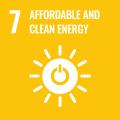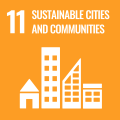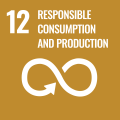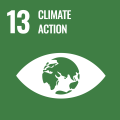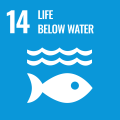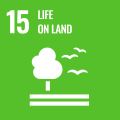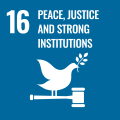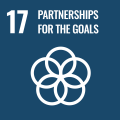Sustainability for us, is not just the speech, it is our daily routine.
Sustainability for us, is not just the speech, it is our daily routine.
BENG has ISO 9001 certification since 2015 and in 2018 the company became the sixth company in Brazil to be certified in the ISO 37001 Standard (anti-bribery management system).
In April 2022, BENG became the first company in Latin America to be certified in the ISO 37301 Standard (Compliance), showing our commitment to ethics, with respect in relationships with partners and employees.
We have legal and moral responsibility for our actions and we must be aware that inappropriate behavior can affect not only an individual, but an entire group, the company and the society in which we live.
Read More:
Compliance and Anti-Corruption Direct Line
This channel is managed independently by the company's Compliance Officer.
-
This email address is being protected from spambots. You need JavaScript enabled to view it.
Click on the button above and in the field "To", type the email:

The sustainable development goals in Brazil
The sustainable development goals are a global call for action and to end poverty, protect the environment and climate and ensure that people everywhere can enjoy peace and prosperity. These are the objectives to which the United Nations is contributing so that we can achieve the 2030 Agenda in Brazil.
-
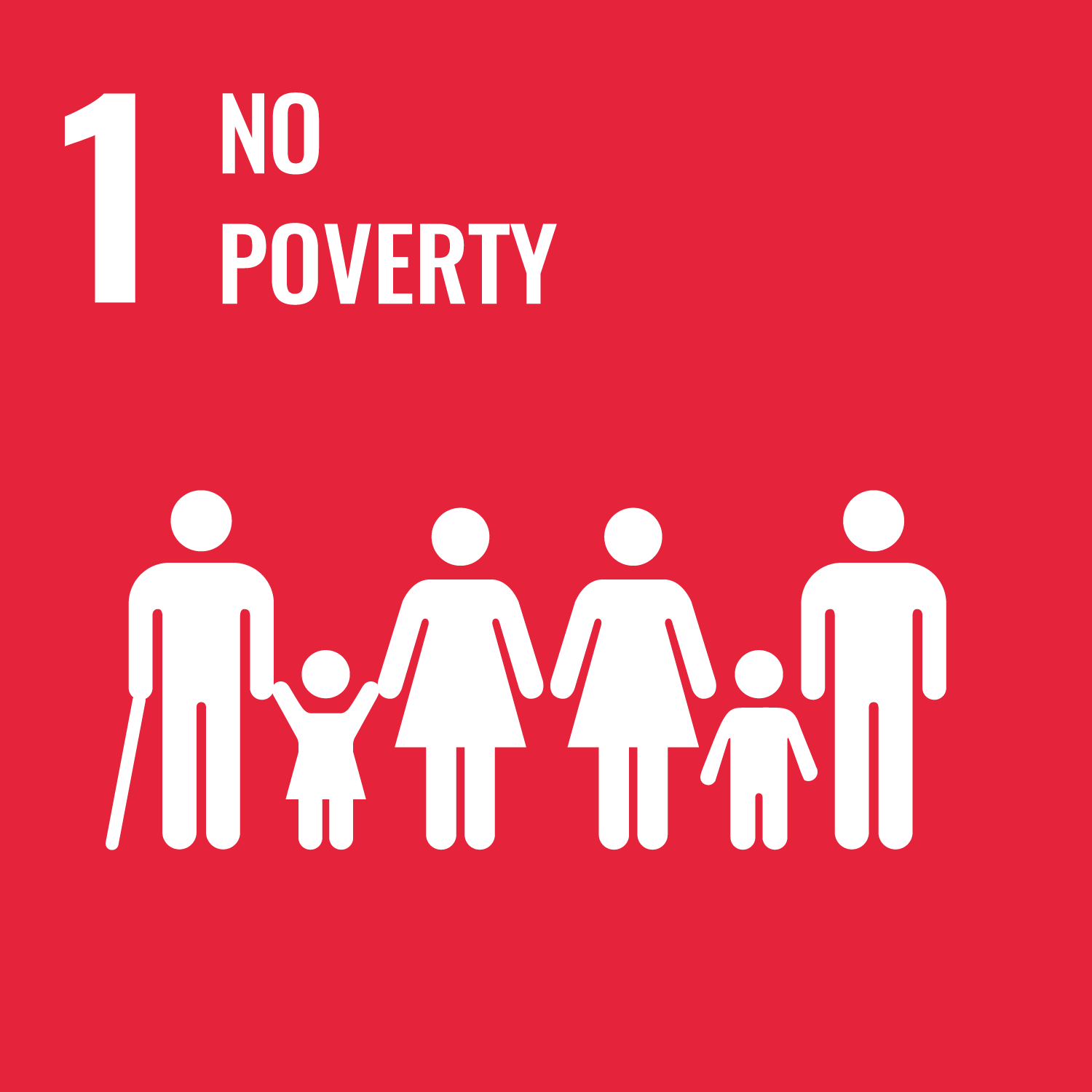
1. No Poverty
It develops products or services that benefit and improve the quality of life of economically vulnerable groups. To address this issue, by 2030, countries need to adopt action plans to reduce, at least by half, the proportion of men, women and children, of all ages, living in poverty, in all its dimensions. It is also necessary to guarantee equal rights to economic resources, as well as access to basic services, ownership and control over land and natural resources for citizens, with a focus on those in more vulnerable situations. In addition to reducing exposure and its fragility in the face of extreme weather-related events and other economic, social and environmental shocks and disasters.
-
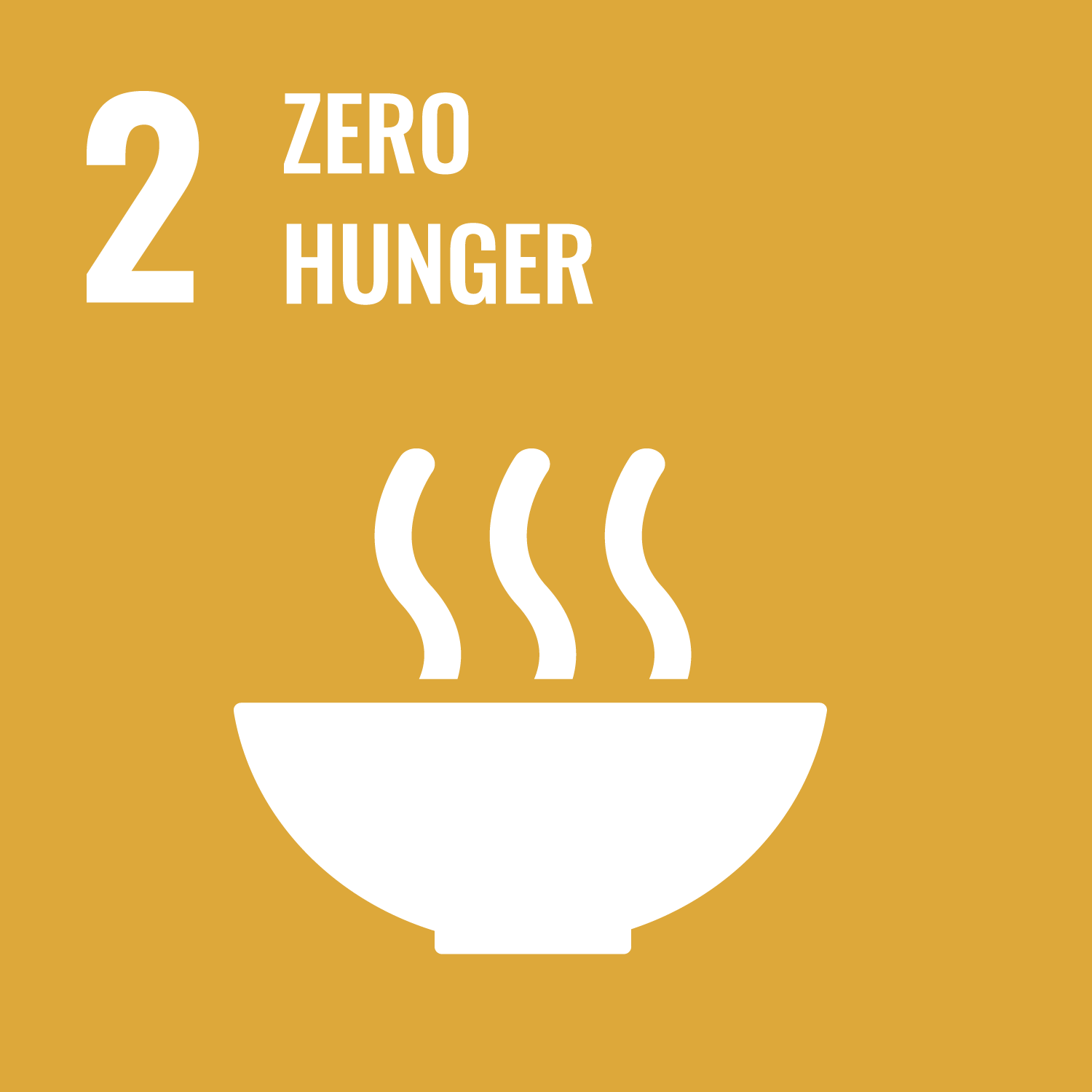
2. Zero hunger
To eradicate hunger, malnutrition and ensure enough food for everyone, especially in the first years of life, it is necessary to invest in sustainable food production systems and implement responsible agricultural practices to strengthen the environment's ability to adapt to climate diversities such as droughts, global warming, floods, among others. Another goal worth highlighting is the quest to increase agricultural productivity and the income of small food producers, particularly women and family farmers, as well as meeting the nutritional needs of adolescents, pregnant and lactating women and the elderly.
-
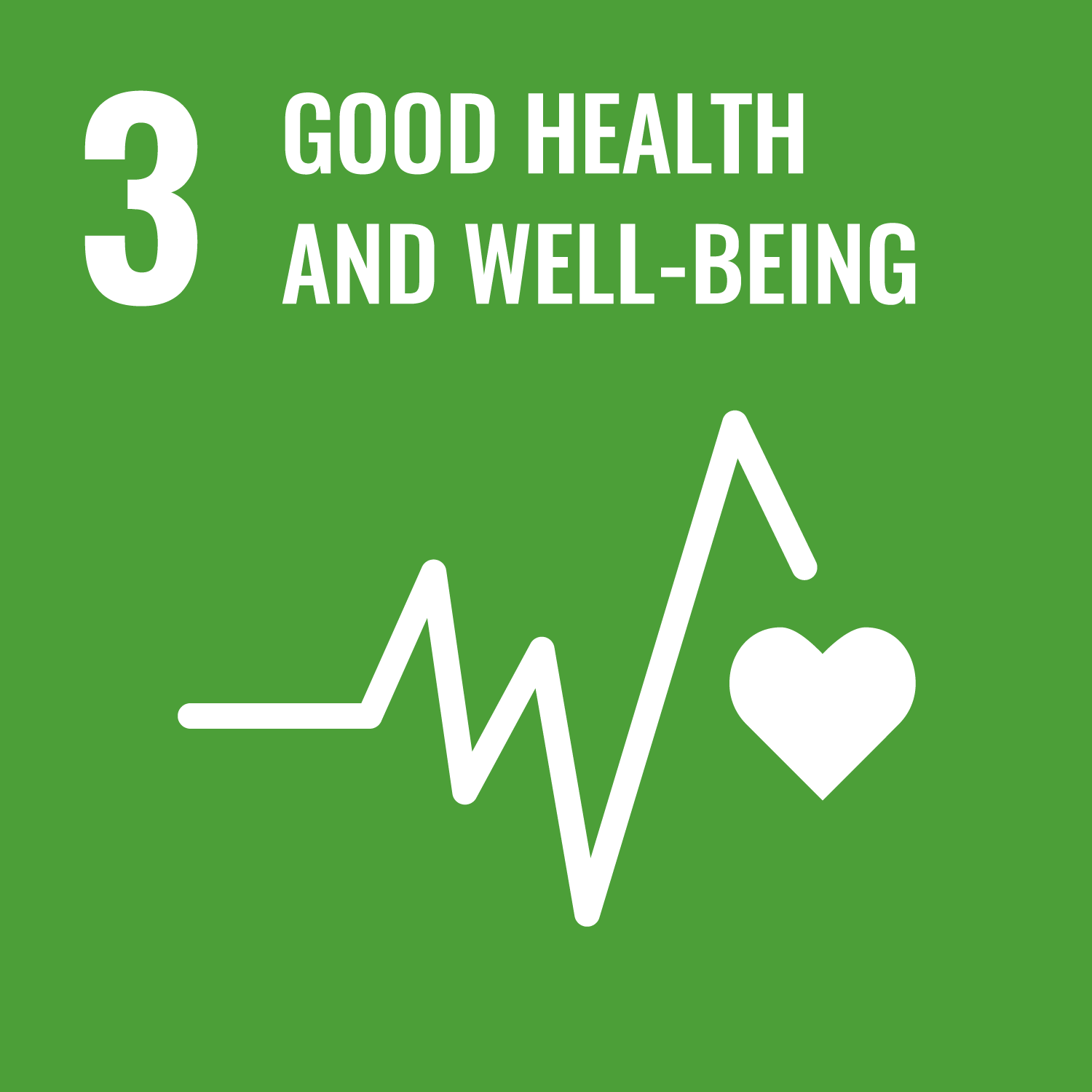
3. Good Health and Well-being
It encourages healthy behaviors among its stakeholders and improves its employees' access to health care. Diseases such as AIDS, tuberculosis, malaria, hepatitis and waterborne diseases are points of attention and the goal is to eradicate them by the year 2030. To meet this goal, health financing, recruitment, development must be considerably increased, training and retention of health professionals mainly in developing countries, such as Brazil.
-
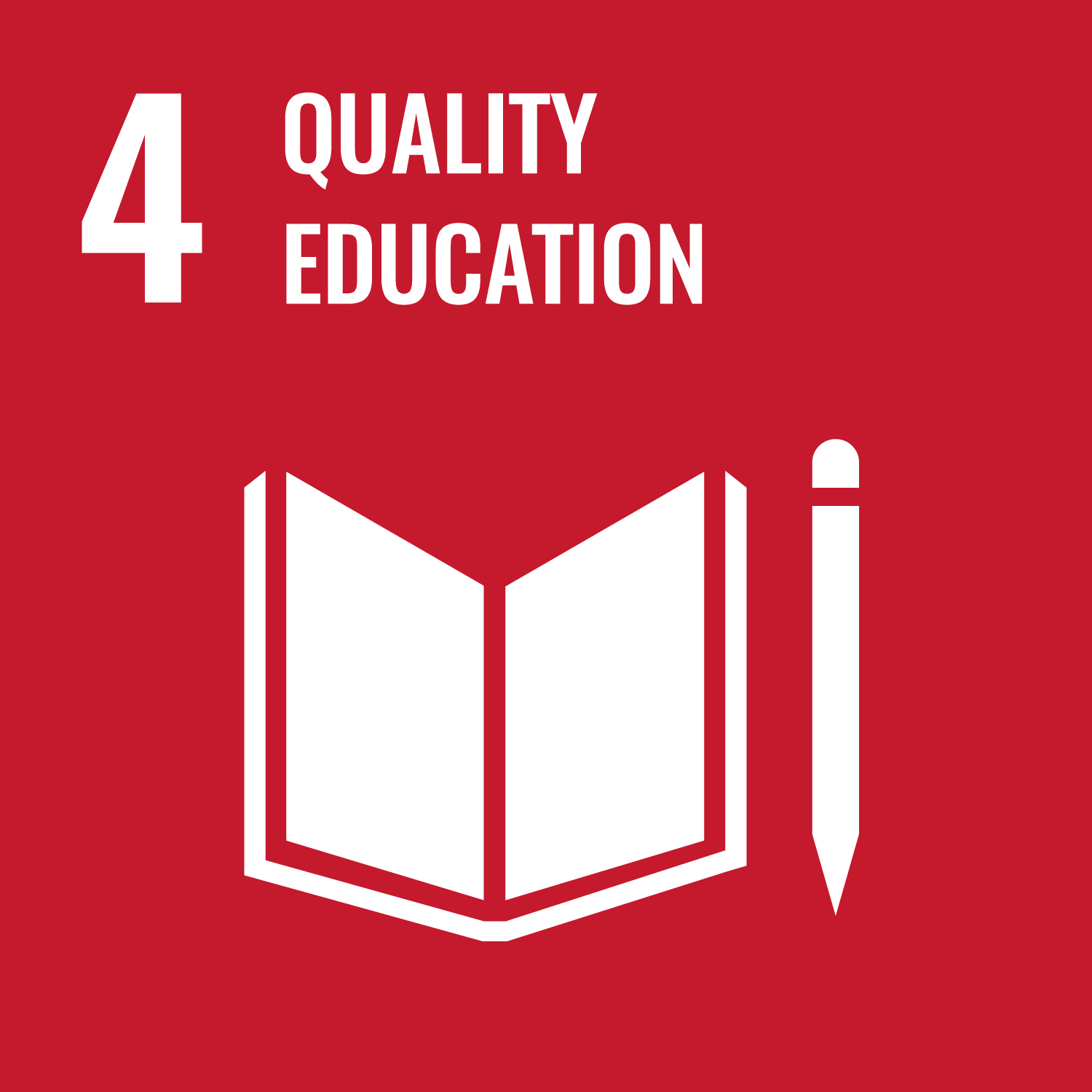
4. Quality Education
Ensures that employees in its direct operations and supply chain have access to professional training and learning opportunities. The fourth SDG considers the promotion of an inclusive, equal education based on the principles of human rights and sustainable development to be essential. To achieve the goal, actions such as increasing the number of qualified teachers, including through international cooperation for training professionals, improving educational facilities suitable for children with special needs and promoting a safe, non-violent and inclusive environment are points to highlight.
-
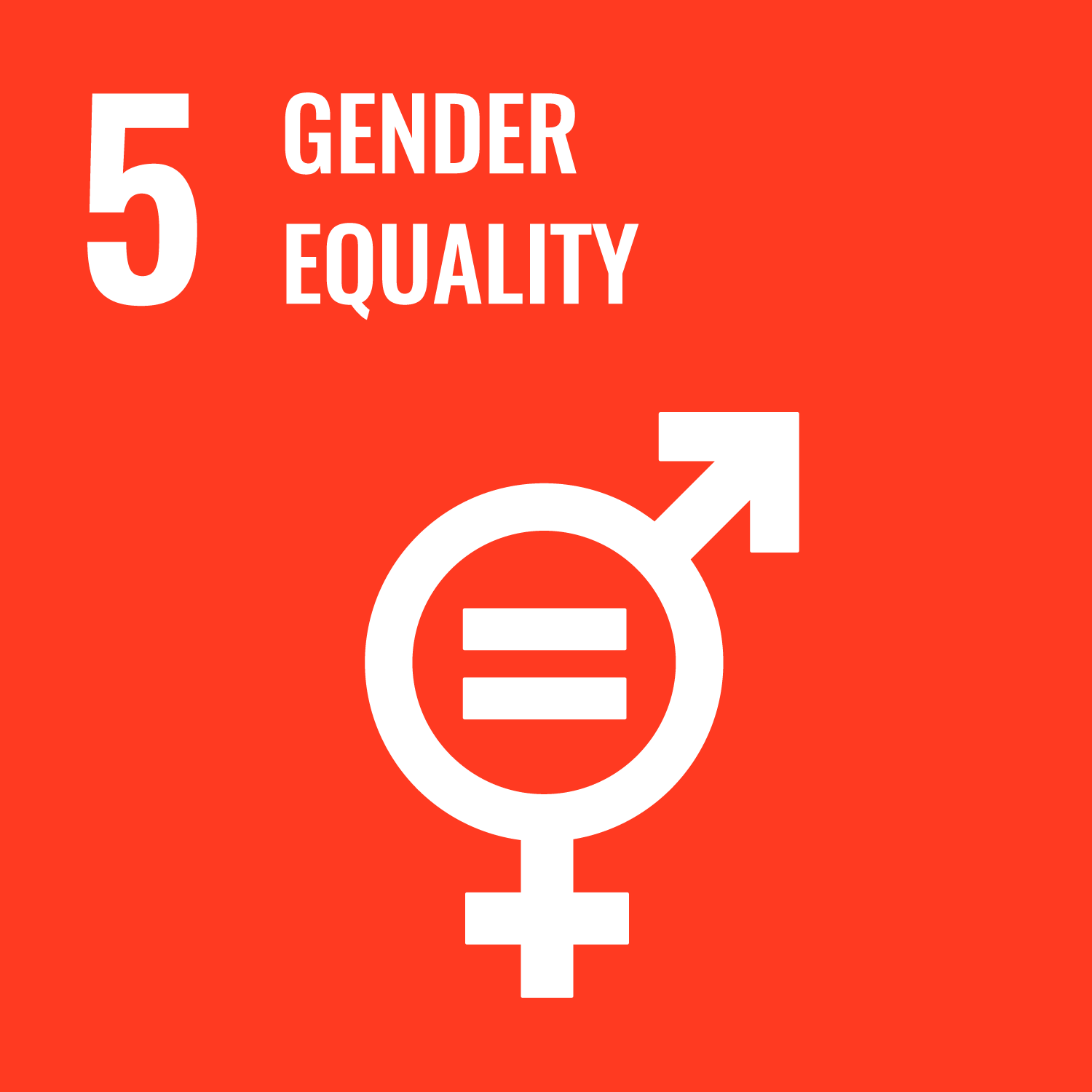
5. Gender Equality
Treat women and men fairly, with equal opportunities for professional growth and equality of positions and incomes. In addition to, respecting and supporting human rights and combating any and all discrimination against diversity. Gender equality is not only a basic human right, but also a necessary foundation for building a peaceful, prosperous and sustainable world. Among the established goals we can highlight the adoption and strengthening of solid policies and applicable legislation for the promotion of gender equality and the empowerment of all women and girls, at all levels. Provide women with equal rights to economic resources, as well as access to ownership and control over land, and other forms of property, financial services, inheritance and natural resources, in accordance with national laws.
-
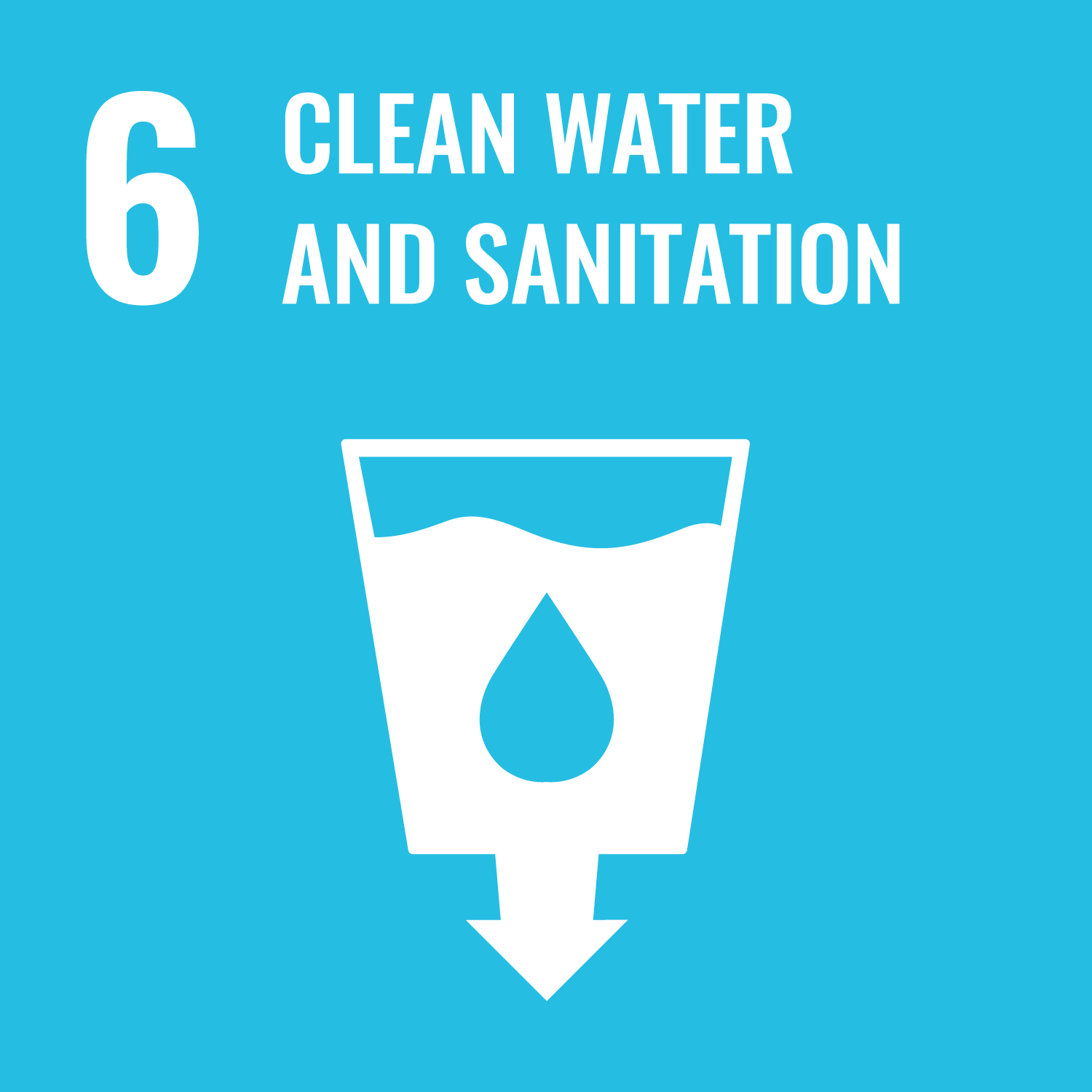
6. Clean Water and Sanitation
Water is at the heart of sustainable development and its three dimensions - environmental, economic and social. Supporting and strengthening the participation of local communities to improve water and sanitation management is of paramount importance for preserving natural resources and contributing to responsible development. In aligning with the SDGs, countries need to implement integrated water resource management at all levels, including via cross-border cooperation, by 2030. They also need to improve water quality by reducing pollution, eliminating dumping and minimizing the release of chemicals and hazardous materials, halving the proportion of untreated wastewater, and substantially increasing recycling and safe reuse globally.
-
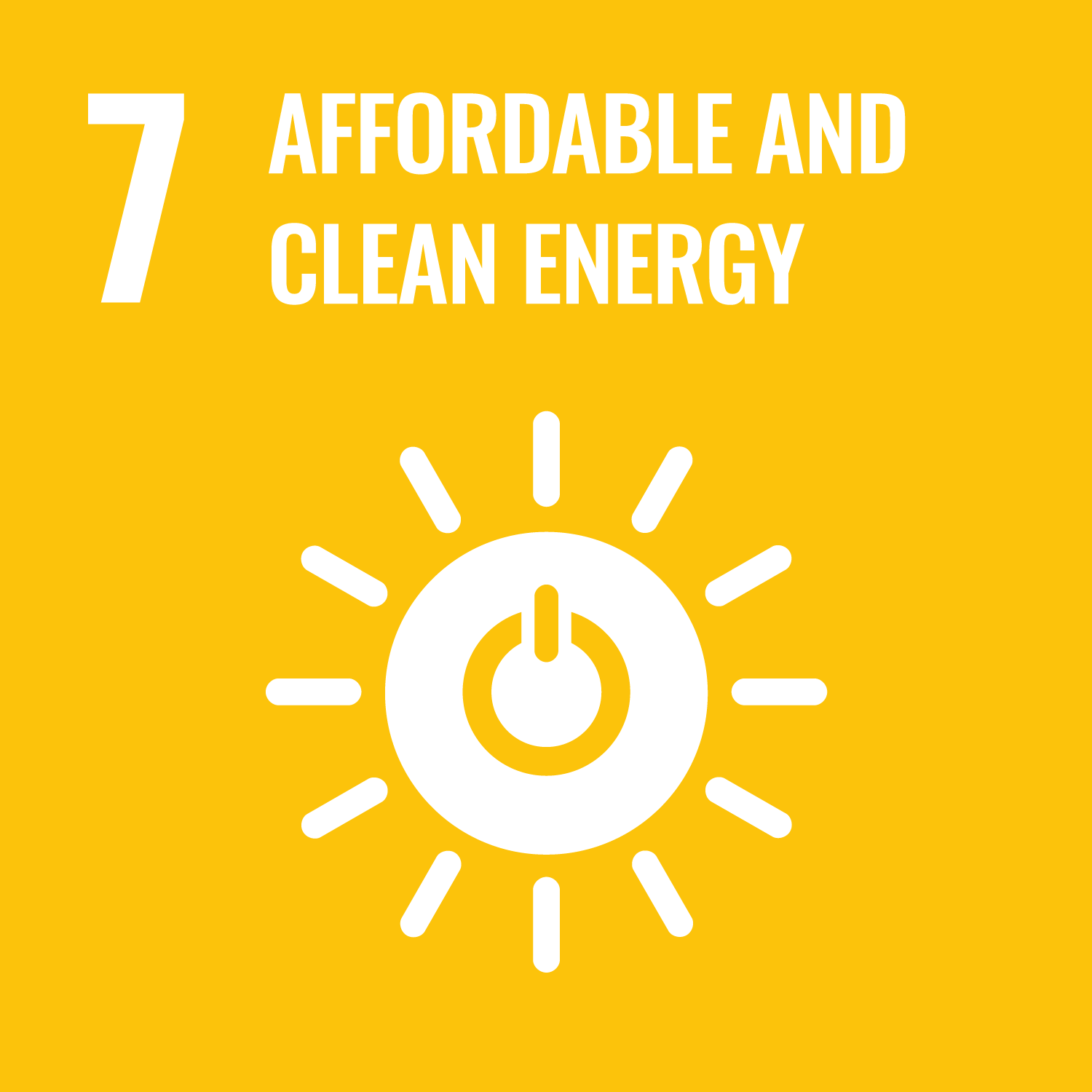
7. Affordable and Clean Energy
It increases its energy efficiency, uses renewable sources and takes these same actions to its supply chain. For the transition to take place responsibly by 2030, countries, particularly developing ones, need to expand infrastructure and modernize technology to deliver modern and sustainable energy services. There is also a need to strengthen international cooperation to facilitate access to clean energy research and technologies, including renewable energy, energy efficiency, and cleaner and advanced fossil fuel technologies.
-
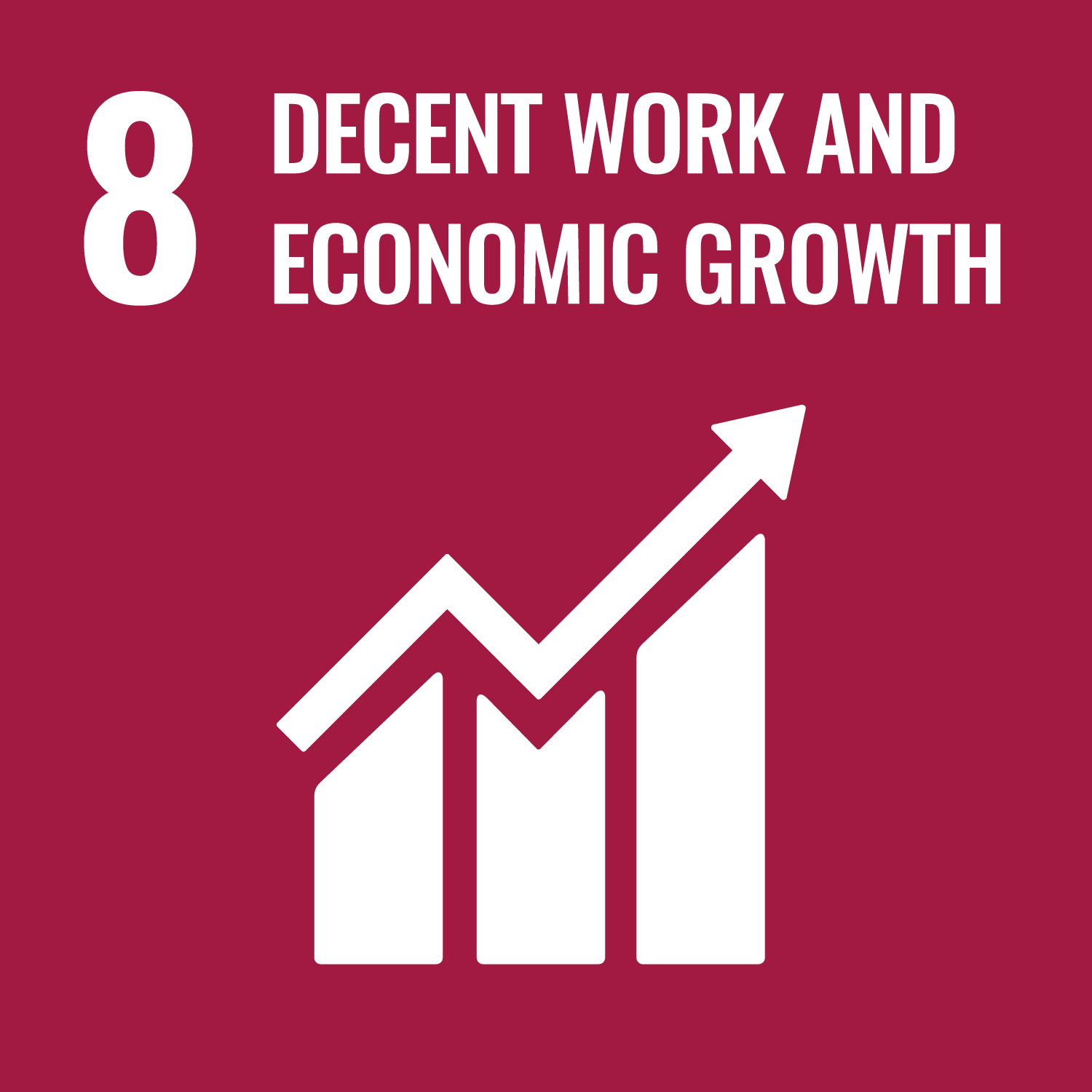
8. Decent work and economic growth
By 2030, countries need to develop and operationalize a global youth employment strategy, and implement the International Labor Organization's Global Jobs Pact, substantially reduce the proportion of youth without employment, education or training. They also need to progressively improve global resource efficiency in consumption and production, and strive to decouple economic growth from environmental degradation, in line with the Ten Year Program Plan on Sustainable Production and Consumption, with developed countries taking the lead.
-

9. Industry, Innovation and Infrastructure
To fulfill the ninth goal, countries need to support technological development, research and domestic innovation in developing countries, including ensuring an enabling policy environment, industrial diversification and adding value to commodities. Facilitate the development of sustainable and robust infrastructure in developing countries through increased financial, technological and technical support to African countries, least developed countries, landlocked developing countries and small island developing States. Increase access by small industries and other businesses, particularly in developing countries, to financial services, including affordable credit and its integration into value chains and markets.
-
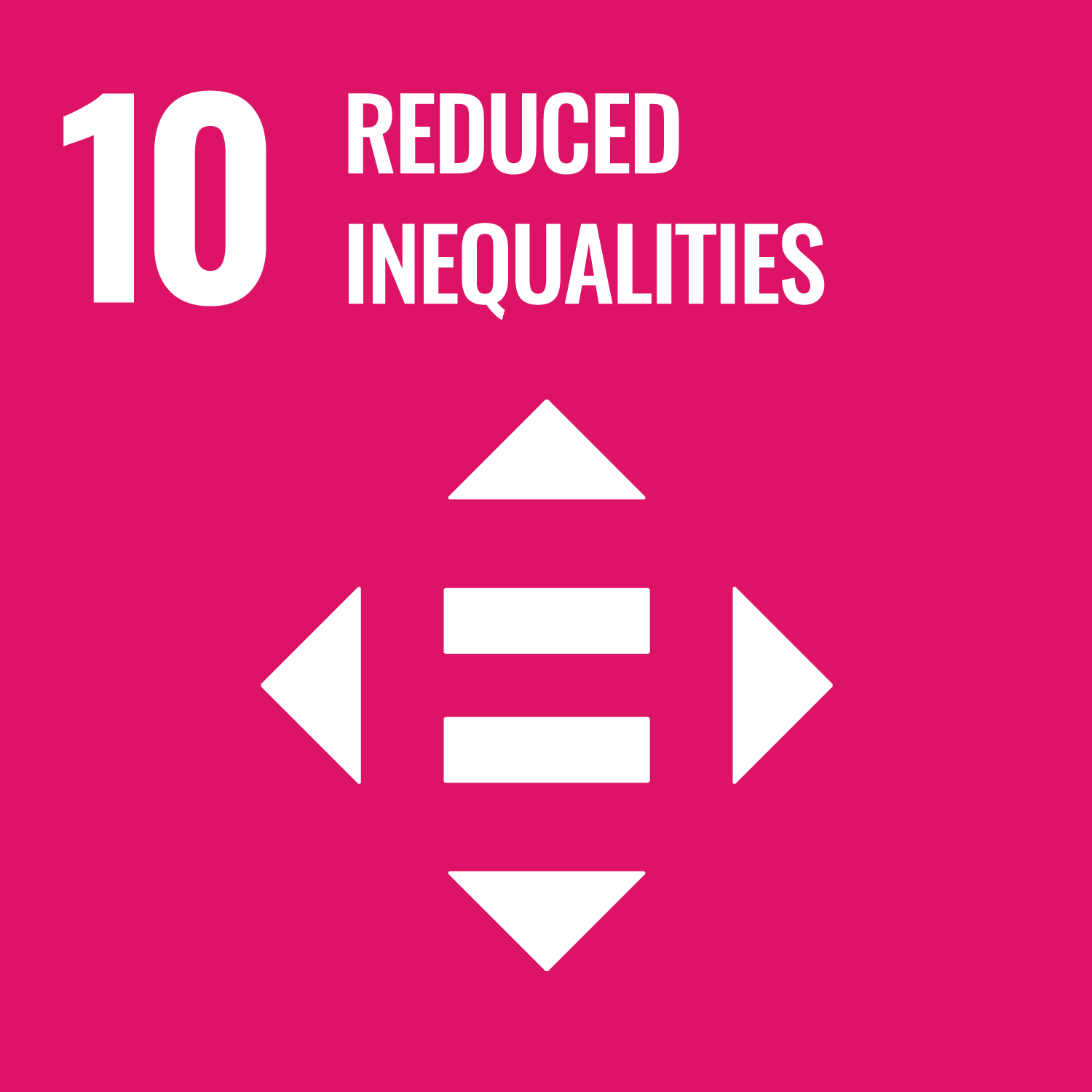
10. Reduced inequalities
At the global level, countries should ensure equal opportunities and reduce inequalities of outcome, including through the elimination of discriminatory laws, policies and practices and promote appropriate legislation, policies and actions in this regard. Adopt policies, especially fiscal, wage and social protection policies, and progressively achieve greater equality. In addition to progressively achieving and sustaining income growth for the poorest 40% of the population at a rate greater than the national average.
-

11. Sustainable cities and communities
By 2030, countries need to reduce the per capita negative environmental impact of cities, including by paying special attention to air quality, municipal and other waste management, and strengthening efforts to protect and safeguard the world's cultural and natural heritage. They also need to increase inclusive and sustainable urbanization and capacity for participatory, integrated and sustainable planning and management of human settlements in all countries and provide access to safe, accessible, sustainable and affordable transport systems for all, improving road safety through the expansion of public transport, with special attention to the needs of people in vulnerable situations, women, children, people with disabilities and the elderly.
-

12. Responsible consumption and production
Encourage companies, especially large and transnational ones, to adopt sustainable practices and integrate sustainability information into their reporting cycle. By 2030, halve per capita global food waste at the retail and consumer levels and reduce food losses along production and supply chains, including post-harvest losses. Develop and implement tools to monitor the impacts of sustainable development for tourism, which generates jobs, promotes local culture and products.
-

13. Climate Action
Among the goals applicable at a global level, the following stand out: promoting mechanisms for capacity building, for planning related to climate change and effective management, in less developed countries, including with a focus on women, youth, local and marginalized communities. Address the needs of developing countries, in the context of meaningful mitigation actions and transparency in implementation; and fully operationalize the Green Climate Fund, through its capitalization, as soon as possible. In addition to integrating climate change measures into national policies, strategies and planning.
-
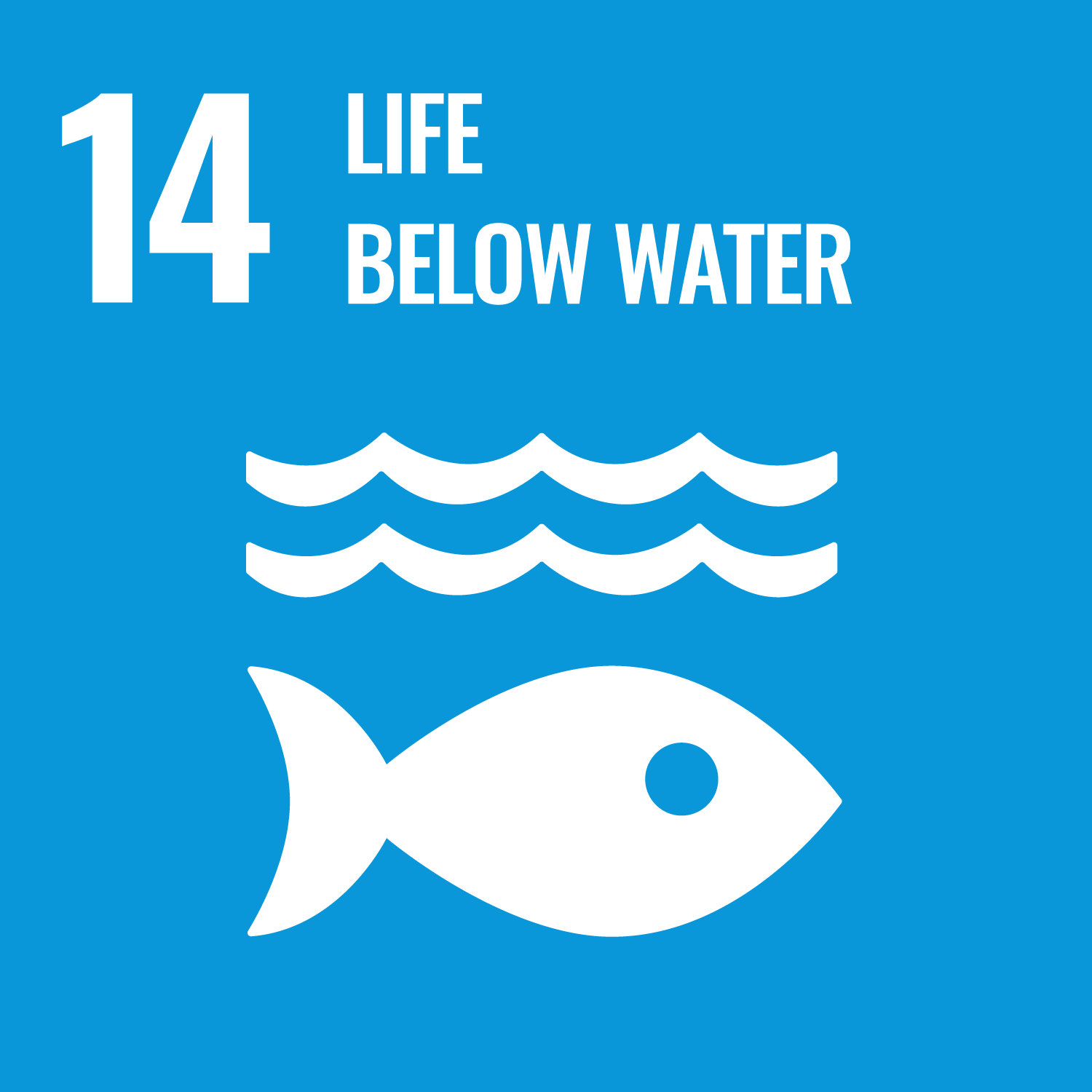
14. Life below water
By 2030, countries should increase the economic benefits to small island developing States and least developed countries from the sustainable use of marine resources, including through the sustainable management of fisheries, aquaculture and tourism. Ensure the conservation and sustainable use of the oceans and their resources through the implementation of international law, as reflected in the United Nations Convention on the Law of the Sea, which provides the Legal Framework for the conservation and sustainable use of the oceans and its resources, as recorded in paragraph 158 of “The Future We Want”.
-
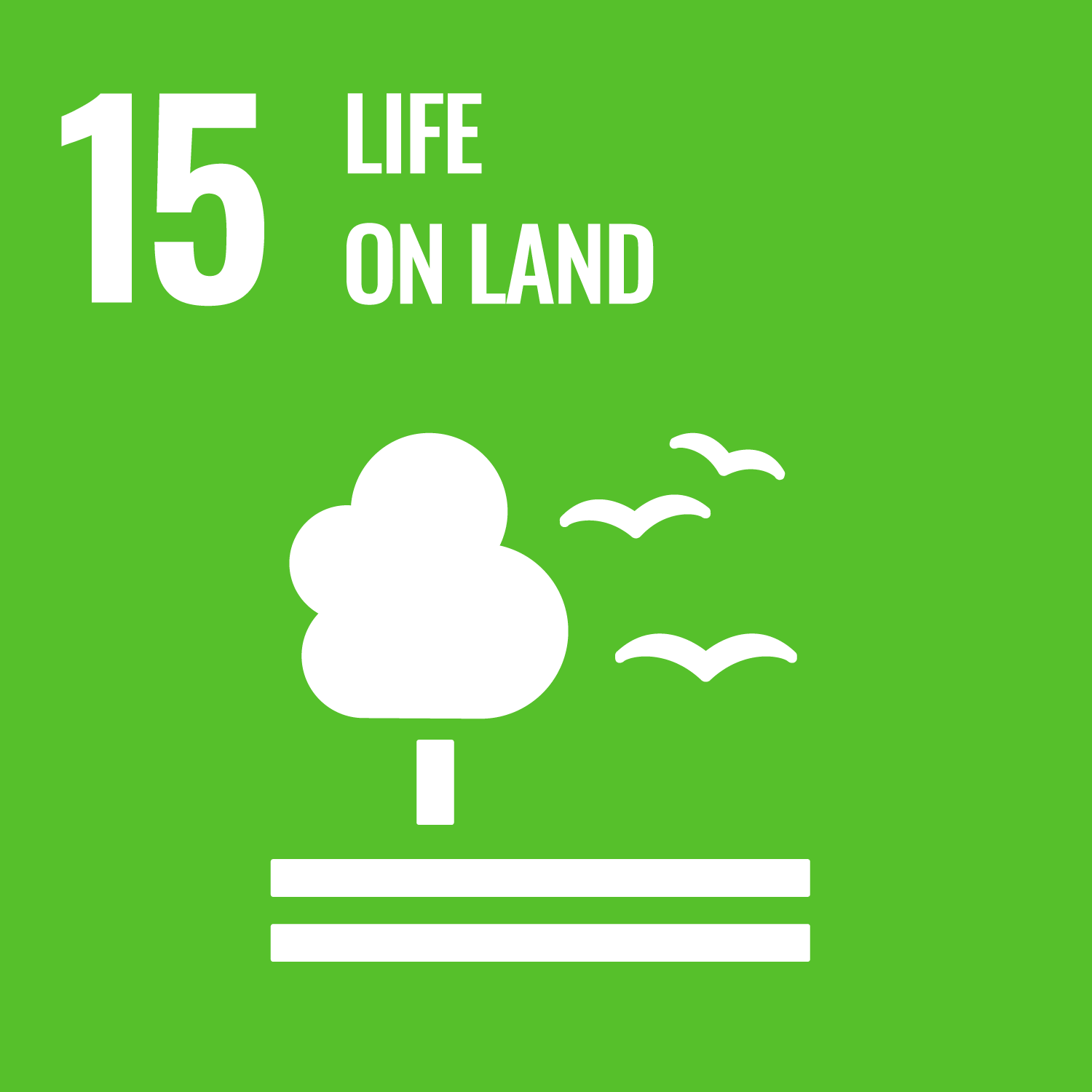
15. Life on land
Countries need to take urgent action to end poaching and trafficking in protected species of flora and fauna, and to address both the demand and supply of illegal wildlife products. Take urgent and meaningful measures to reduce the degradation of natural habitats, halt the loss of biodiversity and, by 2020, protect and prevent the extinction of endangered species, in addition to promoting the implementation of sustainable management of all types of forests, halting the deforestation, restore degraded forests and substantially increase afforestation and reforestation globally.
-
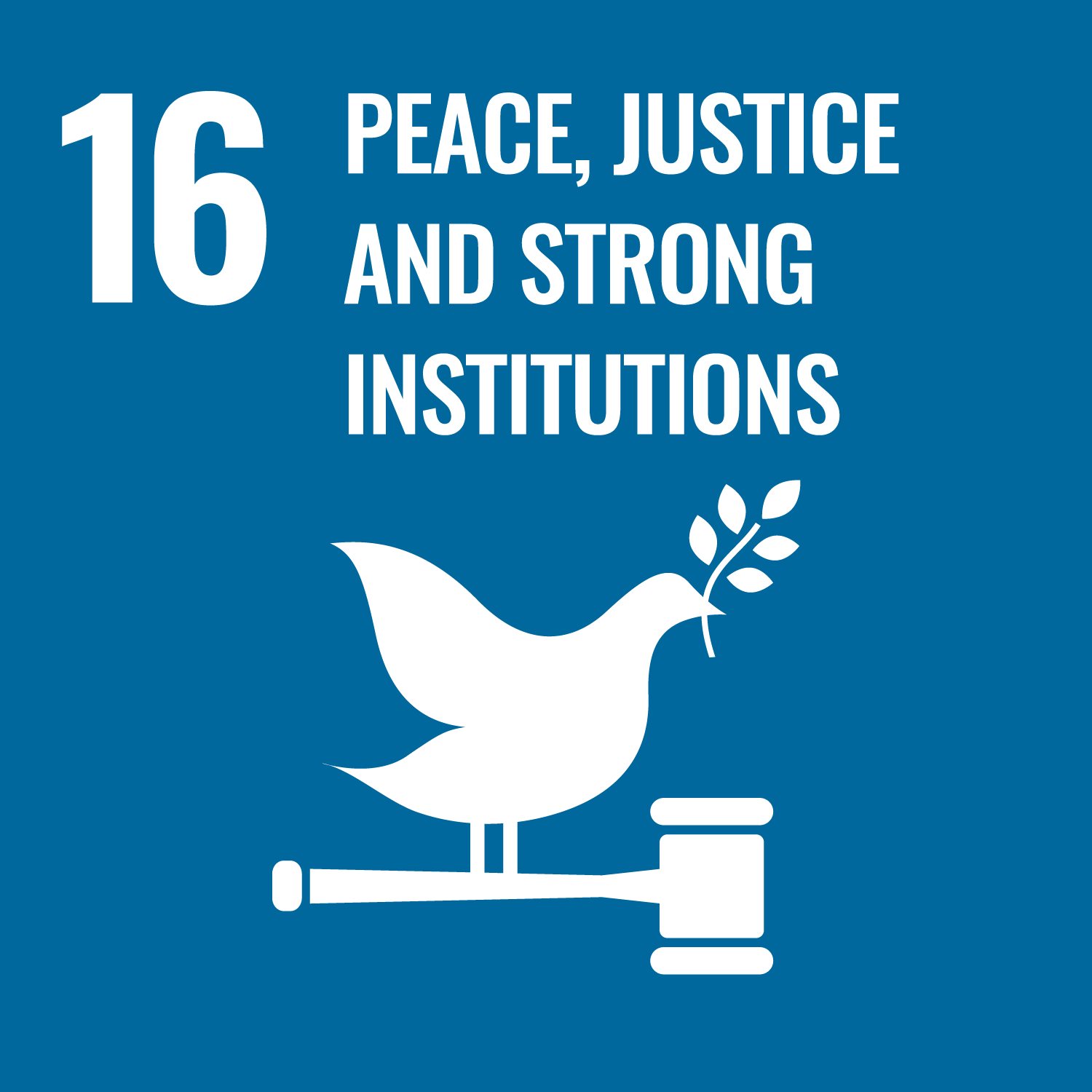
16. Peace, justice and strong institutions
To comply with this SDG, countries must provide legal identity for all, including birth registration, expand and strengthen the participation of developing countries in global governance institutions. Ensure responsive, inclusive, participatory and representative decision-making at all levels, develop effective, accountable and transparent institutions at all levels, and substantially reduce corruption and bribery in all its forms.
-
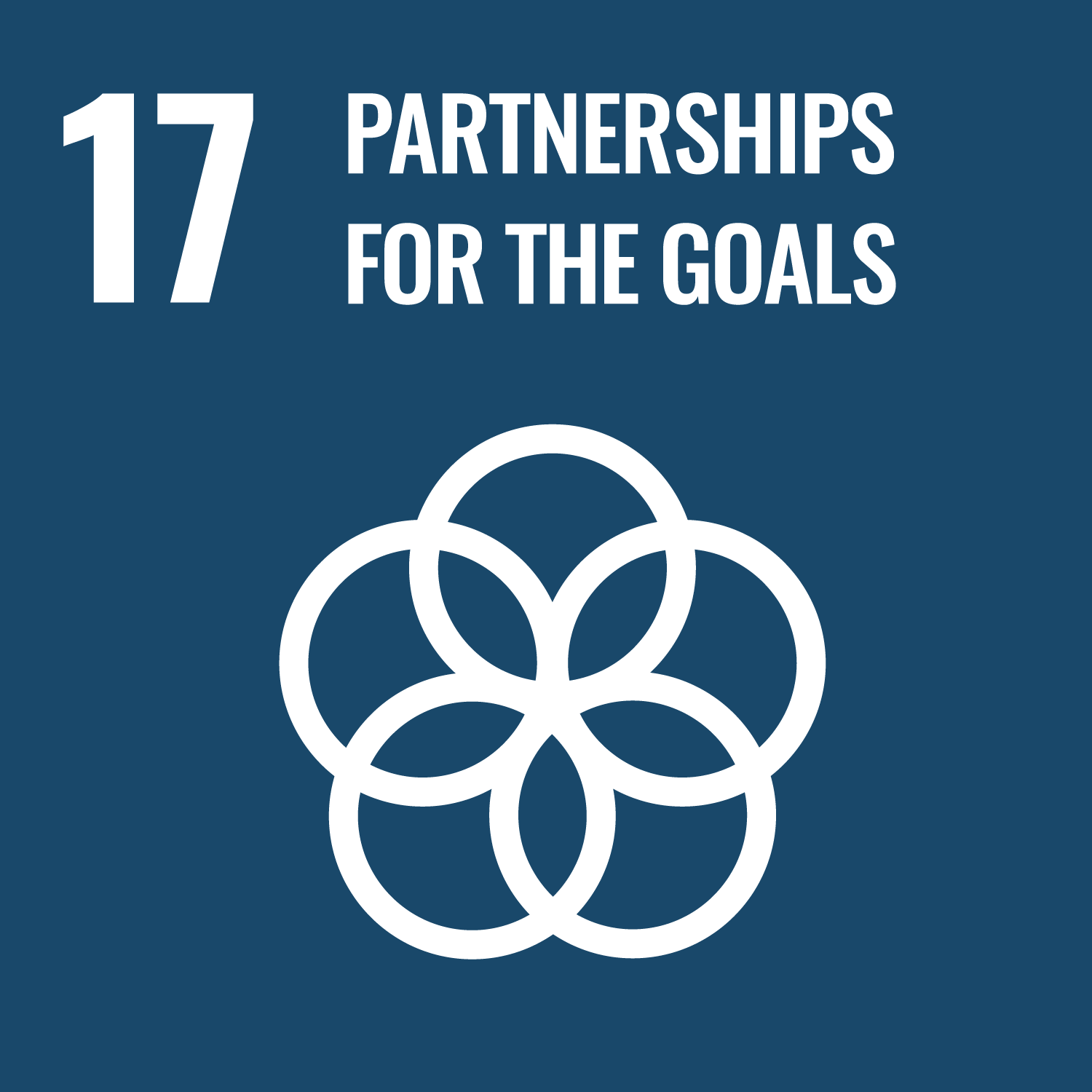
17. Partnerships for the goals
Help developing countries achieve long-term debt sustainability through coordinated policies aimed at promoting debt financing, debt reduction and restructuring, as appropriate, and addressing the external debt of heavily indebted poor countries to reduce the over-indebtedness. Strengthen the global partnership for sustainable development complemented by multisectoral partnerships that mobilize and share knowledge, experience, technology and financial resources to support the achievement of the sustainable development goals in all countries, particularly in developing countries. Increase policy coherence for sustainable development and global macroeconomic stability, including through policy coordination and coherence.












